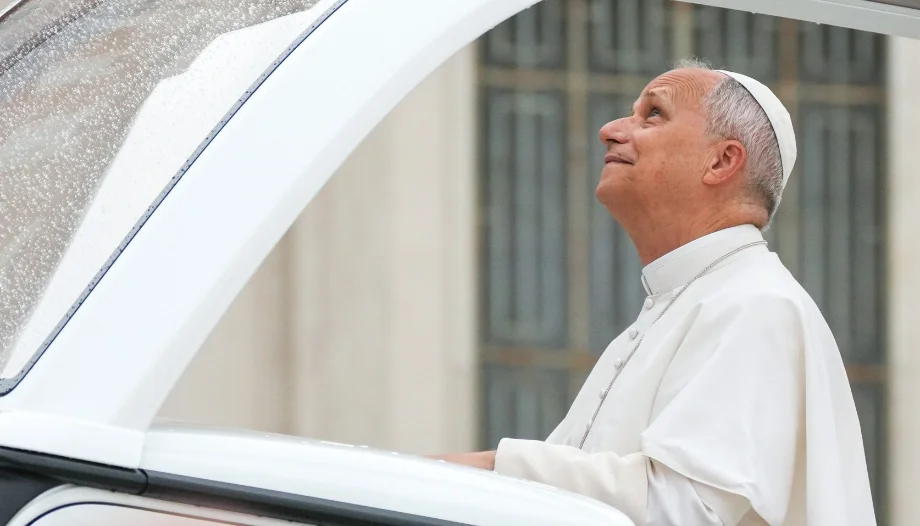The Vatican has officially confirmed that Pope Leo XIV will make an apostolic journey to Turkey and Lebanon from November 27 to December 2, marking his first visit abroad since his election last May 8.
This trip replaces the one initially planned for May by the late Pope Francis, who had planned a visit to Turkey. During his pontificate, Francis visited Turkey in 2014, where he met with President Recep Tayyip Erdogan, in a visit focused on ecumenical dialogue and the migration issue. As for Lebanon, the last papal visit was that of Benedict XVI in September 2012.
In Turkey, the pontiff will participate in the commemoration of the 1,700th anniversary of the first Council of Nicaea, to be held in Iznik, the historic city that hosted some 300 bishops of the Roman Empire in 325 at the convocation of Emperor Constantine. The assembly established the doctrinal foundations that are still recognized today by numerous Christian confessions. During his stay, Leo XIV will also accompany Patriarch Bartholomew I of the Ecumenical Patriarchate of Constantinople in Istanbul for the feast of the patriarchate's throne on November 29.
Trip to Lebanon
After Turkey, the Pope will visit Lebanon from November 30 to December 2, at the invitation of the Lebanese Head of State and ecclesiastical authorities. Patriarch Bechara Rai, head of the Maronite Church, confirmed the visit in August, while Leo XIV received in June Lebanese President Joseph Aoun, who formally handed him the invitation.
Lebanon is a country of great religious diversity and a notable Christian presence, with two Muslim majorities and about one third of the population being Christian, especially Maronite. It is also home to millions of people affected by regional conflicts, including Syrian and Palestinian refugees, as well as more than 1.2 million internally displaced Lebanese.
Papal trips to this country seek to strengthen the faith of Christian communities and promote interreligious dialogue in a multicultural and complex environment. They also underline the importance of peaceful coexistence among different faiths and support for those living as minorities, as well as solidarity with displaced persons and refugees living in the region.







